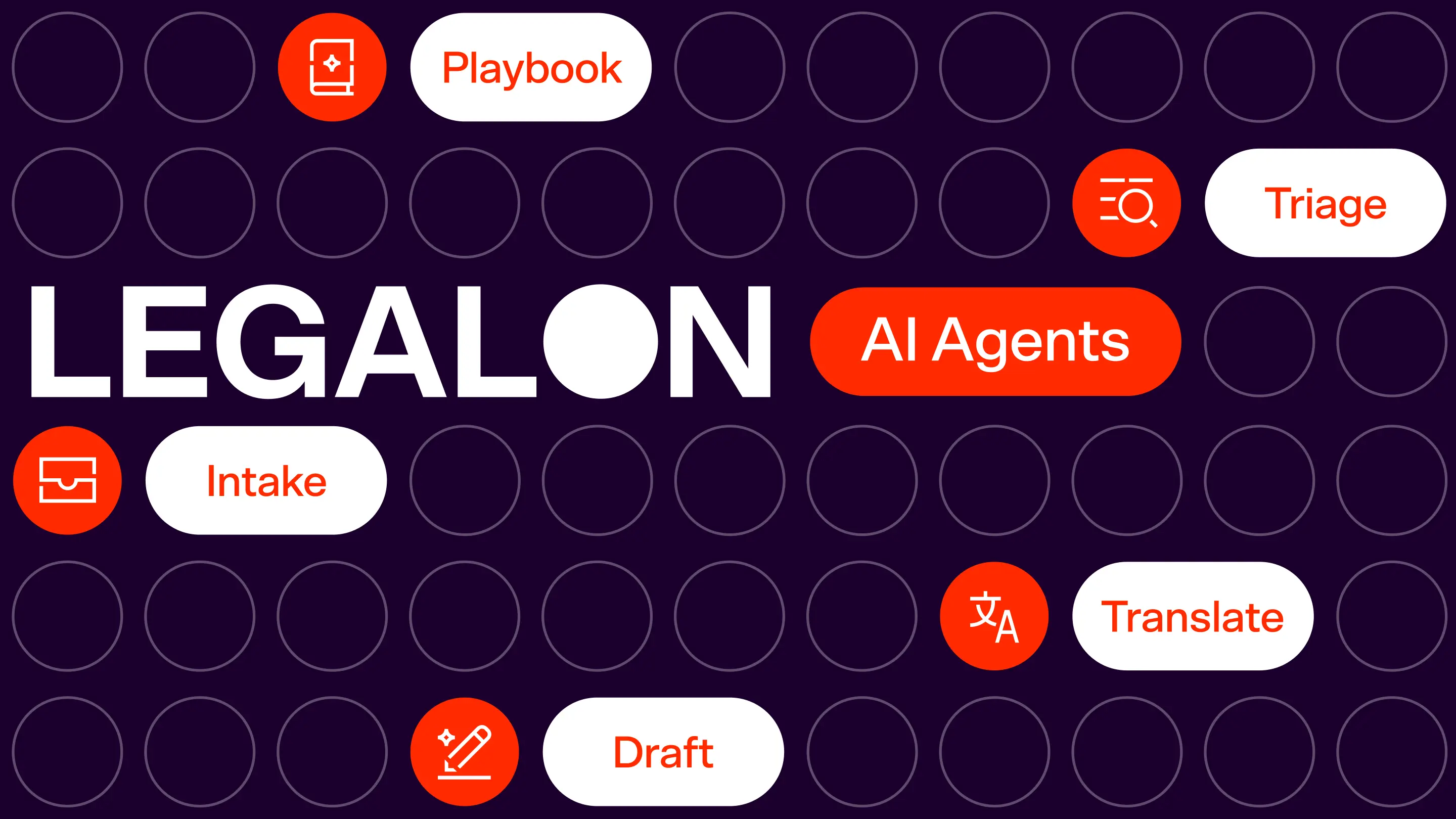Notice Clauses: Review and Negotiate with AI
What is a Notice Clause?
In contracts, clear communication is key. Notice clauses help make sure everyone stays informed. They provide a formal way for parties to share important information about their agreement. Let's look at what they are and how to use them.
A notice clause tells you how to share important information about your agreement. It usually covers:
- How to send messages (like email or mail)
- Where to send messages
- When messages are considered received
- What the messages should include
The main goal is to make sure everyone knows how to communicate officially. This helps avoid misunderstandings and problems.
Where To Use Notice Clauses
Notice clauses are versatile and can be found in various types of agreements. Based on the provided documents, here are some common places where Notice clauses are essential:
- Master Services Agreements (MSAs): In MSAs, Notice clauses ensure that parties are informed of their rights, obligations, and any changes that may arise during the services. For example, when one party needs to notify the other of an issue with materials, a clear notice process ensures prompt review and prevents potential delays and additional costs.
- Software as a Service (SaaS) Terms of Service: Notice clauses in SaaS agreements are crucial for informing customers about changes in terms, late payments, or service updates. For instance, when a provider needs to notify customers of significant changes in the terms of service, a clear notice provision ensures that customers are properly informed and can either accept the new terms or terminate their agreement.
- Sales Agency Agreements (SAAs): In SAAs, Notice clauses facilitate effective communication between principals and agents. They're particularly important for situations like termination notices, changes in sales targets, or updates to product lines.
- Master Purchase Agreements (MPAs): Notice clauses in MPAs are critical for addressing issues like non-conforming goods. They outline the process and requirements for a buyer to notify the seller of any defects or non-conformities in the delivered products.
- Letters of Intent (LOIs): Even in preliminary agreements like LOIs, Notice clauses play a role in ensuring clear communication about changes in circumstances or intentions during negotiations.
- Venue Rental Agreements: Notice clauses in these agreements ensure effective communication about maintenance issues, changes in availability, or other important updates that may affect the rental.
Negotiating Notice Clauses
When negotiating Notice clauses, consider the following points to ensure a fair and effective agreement:
- Delivery Method: Agree on how to send messages. Consider both traditional (like mail) and modern (like email) options.
- Timing: Decide when a message is considered received. For example, emails might be "received" the same day, while mailed letters might take longer.
- Contact Information: Clearly state where to send messages. Include a way to update this information if it changes.
- Content Requirements: Discuss any specific requirements for the content of notices. For instance, in a Master Purchase Agreement, you might require that notices of non-conforming goods include detailed descriptions of the defects.
- Clear Language: Use simple words that everyone can understand.
- Backup Plans: Include other ways to send messages in case the main method doesn't work.
- Confirm Receipt: Negotiate whether acknowledgment of receipt is required and how it should be provided. This can be particularly important for critical notices like termination notifications.
- Electronic Notices: If including electronic notices, ensure compliance with laws like the Electronic Signatures in Global and National Commerce Act (E-SIGN Act) in the United States, which ensures that electronic notice provisions are legally enforceable.
- Industry-Specific Requirements: Be aware of any industry-specific regulations or guidelines that may affect notice requirements in your particular field.
- Consequences: Discuss and agree on the consequences of failing to provide required notices. This can help ensure that both parties take the notice requirements seriously.
Remember, a good Notice clause helps prevent misunderstandings and keeps your business relationship running smoothly.
AI Contract Review for Negotiating Notice Clauses
To give you a sense for the benefits of leveraging AI Contract Review Software trained by lawyers, we’ve selected some sample language our software presents to customers during a review of Notice Clauses in Master Service Agreements (MSAs). Keep in mind that these are static in this overview, but dynamic in our software - meaning our AI identifies the key issues and proactively surfaces alerts based on importance level and position and provides suggested revisions that mimic the style of the contract and align with party names and defined terms.
If you’d like to see more, we invite you to book a demo.
Sample Clause for Arbitration and Choice of Forum
NOTICE
1. Any notice required to be given under this Agreement shall be in writing and shall be delivered personally or sent by prepaid first class post, by recorded delivery or by commercial courier, or by email, to the address or email address of each Party as set out below, or as otherwise specified by the relevant Party by notice in writing to the other Party:
To [●●]
Address: [●●]
Email address: [●●]
To [●●]
Address: [●●]
Email address: [●●]
2. Any notice shall be deemed to have been duly received:
(a) if delivered personally, when delivered to a Party;
(b) if sent by prepaid first class post or recorded delivery, at [●●] on the [●●] business day after posting;
(c) if delivered by commercial courier, on the date and at the time that the courier's delivery receipt is signed; or
(d) if sent by email, on production of a delivery notification indicating that the email was delivered to the designated email address.
Guidance for Notice Clause
In an MSA, it is vital to establish a well-defined process for delivering notices to ensure all parties are informed of their rights, obligations, and any changes that may arise during the services. A clear process for providing notices can help prevent misunderstandings, disputes, and potential legal issues, ultimately leading to a more efficient relationship between the parties.
For example, when one party needs to notify the other of an issue with materials, a clear process for providing notices ensures that the other party is aware of the issue and can review it promptly, preventing potential delays and additional costs.
It is crucial to consider applicable state and federal laws, as well as any industry-specific regulations that may apply. These laws and regulations may provide guidance on the proper format and content of notices, as well as any specific requirements for providing notices in the context of an MSA.
AI-powered tools like LegalOn can help legal teams:
- Quickly spot important issues
- Give alerts based on your situation
- Suggest improvements
- Ensure you're following relevant laws
The sample AI-powered insights we've shared demonstrate how LegalOn can enhance your contract review process, making it more efficient, thorough, and aligned with best practices.
To experience the power of AI in Notice clause negotiations, we invite you to see it in action. Book a demo today to explore how our AI-powered contract review software can transform your approach to drafting and negotiating Notice clauses.
Experience LegalOn Today


.svg)




.webp)




